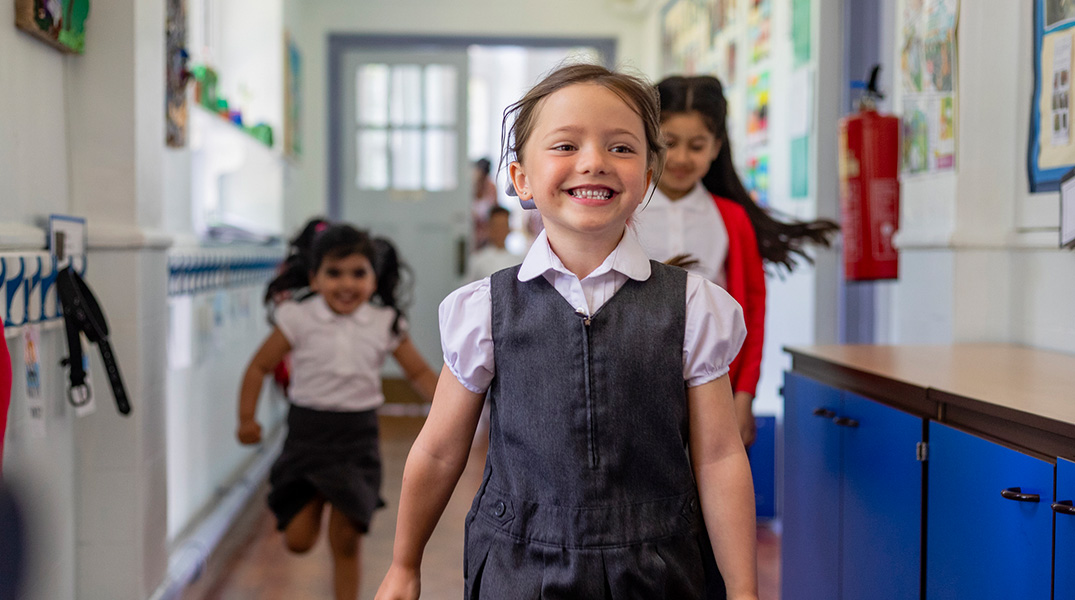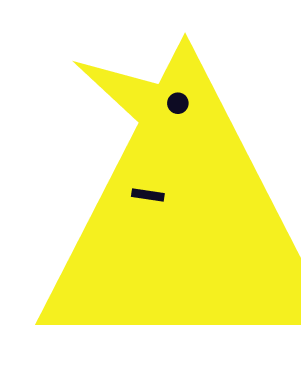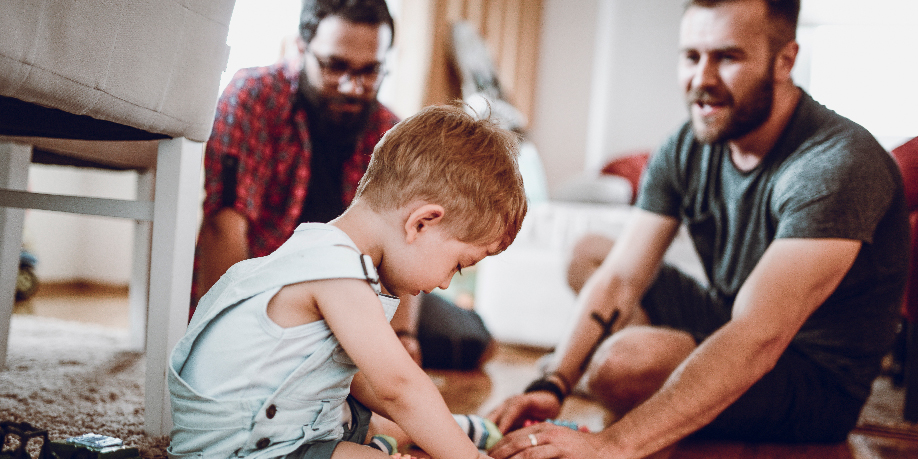5-7 years
This is a guide to how children typically develop their talking and their understanding of words between 5 and 7 years.

Children develop skills at different rates, but by 7 years, usually children will:
- Focus on one thing for longer without being reminded.
- Follow and remember a story that is told over several days.
- Understand long instructions, for example, ‘Put the bricks back in the box, go outside, and find your coat’.
- Learn that the same word can mean two things, such as ‘orange’ the fruit and ‘orange’ the colour.
- Learn that different words can mean the same thing, such as ’minus’ and ‘take away’.
- Understand feelings and descriptive words like ‘carefully’, ‘slowly’ or ‘surprised.
- Talk for lots of different reasons, such as to share complex ideas, to solve problems or to tell jokes.
- Use long sentences and put the right endings on their words, for example ‘My teddy likes sitting on a bed because beds are softer’.
- Use words like ‘so’, ‘because’ to join their sentences together. For example, ‘It’s my birthday so I’m staying up late’.
- Can take turns to talk in conversations with adults and children in lots of different situations, either with one person or in a group.
- Talk clearly so that unfamiliar people can understand them almost all of the time. They might still make mistakes in tricky words, like saying ‘spash’ instead of ‘splash’.
- Talk quite smoothly and don’t repeat the first sound in words or get ‘stuck’ trying to get a word out.
Support children aged 5-7 years with their talking and understanding of words

Things to look out for
Some children struggle with learning to talk and understand words. Possible signs to look at for at this age include:
- Children who find it hard to learn and understand the meanings of words.
- Children who find it hard to understand conversations about things in the past or future.
- Children who struggle to understand sentences that can mean more than one thing, such as ‘pull your socks up’.
- Children who only follow part of an instruction you give them, usually the beginning or end.
- Children who use short sentences, often with words missing or in the wrong order.
- Children who find it hard to make up stories.
- Children who struggle with learning at school but their teacher is unsure why.
- Children who struggle to make and keep friends.
If you notice any of these things, have a closer look at the child’s speech, language and communication skills using one of our free tools:
Follow the process in your setting/workplace for raising concerns. This should include discussing your concerns with the child’s family and your SENCo. Statutory guidance is outlined in the SEND Code of Practice (2015).
Further support
For tips on how you can support children aged 5-7 years’ communication skills, have a look at some of our educator resources:

